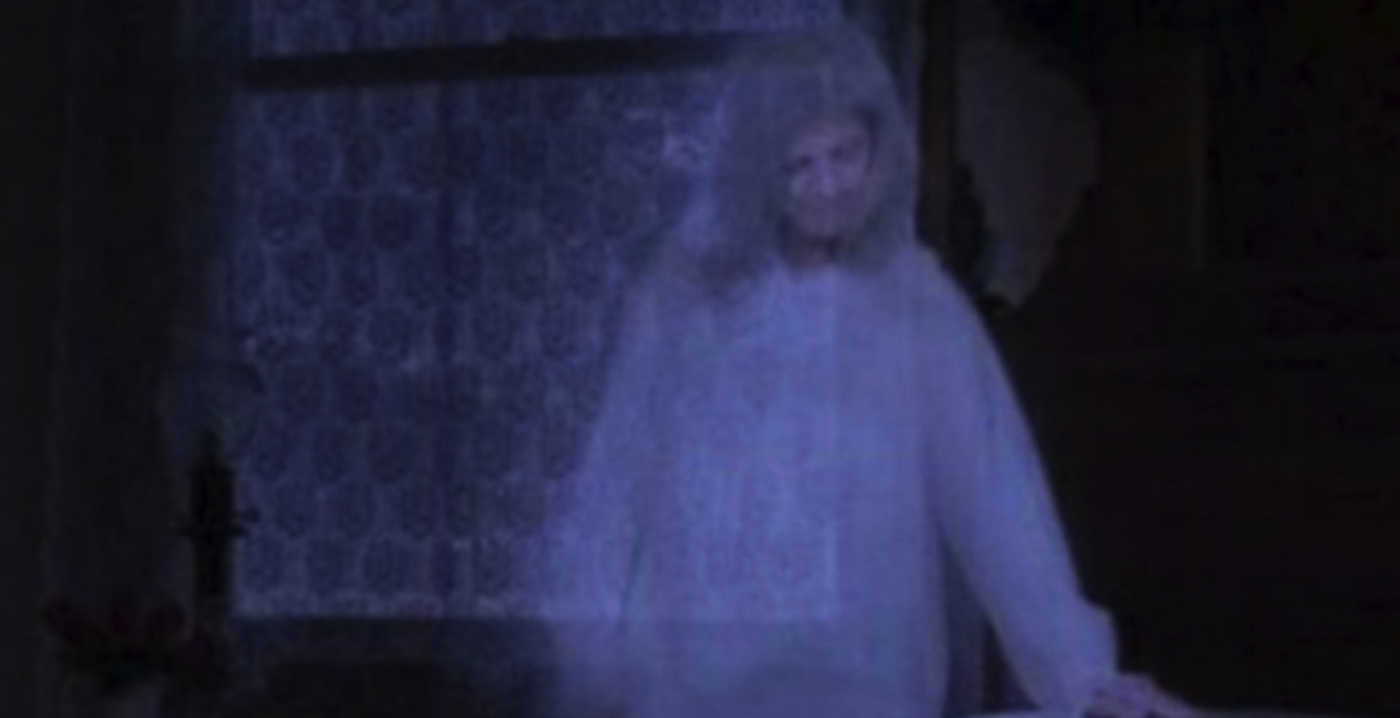Dreaming about a deceased loved one can be distressing. The presence of a deceased person in your dream, whether you engage in conversation with them or simply listen, is said to foreshadow unexpected news or significant changes in your life.
However, interpreting such dreams can give you pause, as it suggests that the appearance of a deceased person signifies that they have not yet found peace. Religious scriptures recommend performing additional rituals to fulfill their requests.
From a psychological standpoint, dreaming about an unknown deceased person may symbolize the conclusion of a particular phase in your life. It could relate to suppressed emotions and fractured social connections. Yet, if the person in your dream is someone dear who recently passed away, there’s no need for alarm; it simply reflects your ongoing grief, which is entirely normal.

Feeling unmotivated, as if walking on eggshells, and struggling to move forward in life despite your efforts are common emotions in such dreams. Consequently, the deceased person in your dream might represent a part of yourself that you’re grappling to release.

- If they are alive and present in the dream without a prominent role, it may reflect hidden feelings of love and other intense or unsettling emotions.
- If the departed person plays a significant role and you attempt to assist or interact with them, it suggests unresolved matters between you two in their lifetime.
- If the departed offers guidance, it indicates a need for direction, security, and solace in your waking life. Such dreams, where a spirit guides you, can be remarkably comforting.
Research conducted in 1992 categorized similar dreams into four types. The first involves shock at seeing the deceased person alive again, accounting for 39% of cases. It’s often a form of denial.

The second type, making up 23% of dreams, involves receiving guidance from the departed. These dreams often occur long after the person’s passing and elicit positive emotions, indicating acceptance of the situation.
The third type features farewells and reassurances from the departed, reported by 29% of participants. The fourth type, accounting for 18%, contemplates the dreamer’s existence in relation to the deceased, taking on a philosophical tone.
Dreams of this nature are not the most common, but they carry significance. Pay attention to them and endeavor to decode their message about your current mental state. Your subconscious is likely attempting to cope with loss and pain, potentially providing you with insight, wisdom, and a sense of comfort in the process.
Source: https://storyurl.com
DISCLAIMER: THIS WEBSITE DOES NOT PROVIDE MEDICAL ADVICE The information, including but not limited to, text, graphics, images and other material contained on this website are for informational purposes only. The purpose of this website is to promote broad consumer understanding and knowledge of various health topics. It is not intended to be a substitute for professional medical advice, diagnosis or treatment. Always seek the advice of your physician or other qualified health care provider with any questions you may have regarding a medical condition or treatment and before undertaking a new health care regimen, and never disregard professional medical advice or delay in seeking it because of something you have read on this website.

